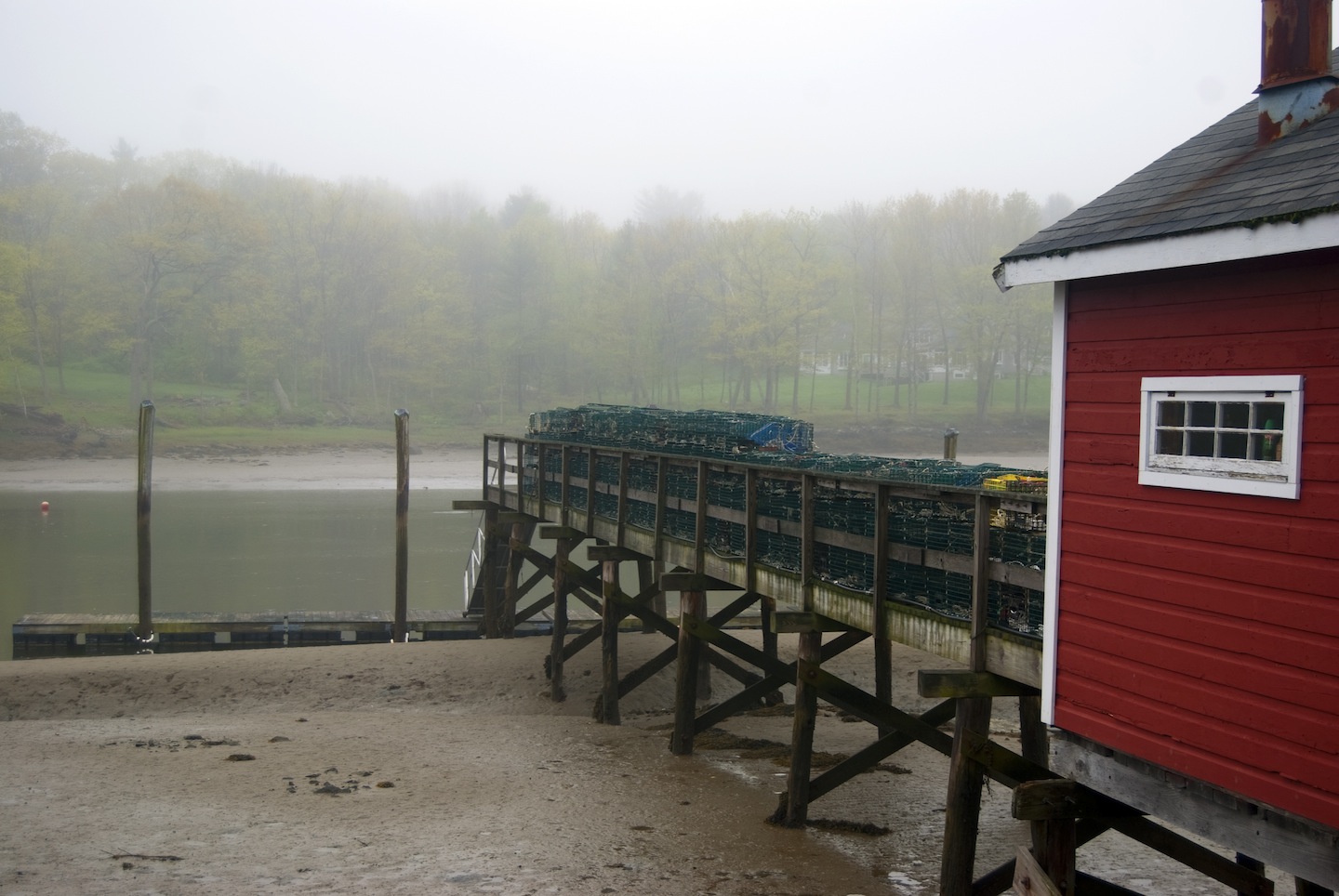Legislation Congresswoman Pingree introduced to conduct full study already passed House, awaiting action in the Senate

Congresswoman Chellie Pingree today welcomed preliminary findings from the National Park Service that the York River likely meets criteria for inclusion in the National Wild and Scenic Rivers System, and that a full study would be productive and appropriate. Pingree requested the preliminary survey and introduced the legislation required to fund a full study, which has passed the House and is awaiting action in the Senate.
>>>>Go here for all news and updates on the York River study bill>>>>
“What the survey did was basically look at the different criteria of the Wild and Scenic Rivers program and see, in a general sense, if the York River would have a chance of meeting them. Unequivocally, the report said yes,” Pingree said. “The findings confirm exactly what community groups have been telling me about the river’s value to the area’s economy, environment, and character. This is an important step as we continue to work to get the full study bill passed by Congress.”
“The York River feeds the ecology, culture, history, economy and beauty of this region. This new National Park Service survey report highlights the river’s many important attributes and outlines possibilities for its future,” said Carol Donnelly, founder of Friends of the York River. “We are thrilled that the Park Service acknowledges the value of this special place.”
The House passed Pingree’s legislation—HR 2197, the York River Wild and Scenic River Bill—in March. Sen. Angus King has introduced companion legislation, S. 1520, in the Senate. At the request of numerous community groups, businesses, and individuals, Pingree originally introduced the bill in the last session of Congress.
If approved by Congress, a full study would determine if the river is eligible for one of three designations under the Wild and Scenic River Program: wild, scenic, or recreational. Then community members would be able to offer their input on whether the designation should move forward.
A designation would make it more likely that federal funding and assistance will come to the area for activities such as preserving and restoring fish and wildlife habitat.

